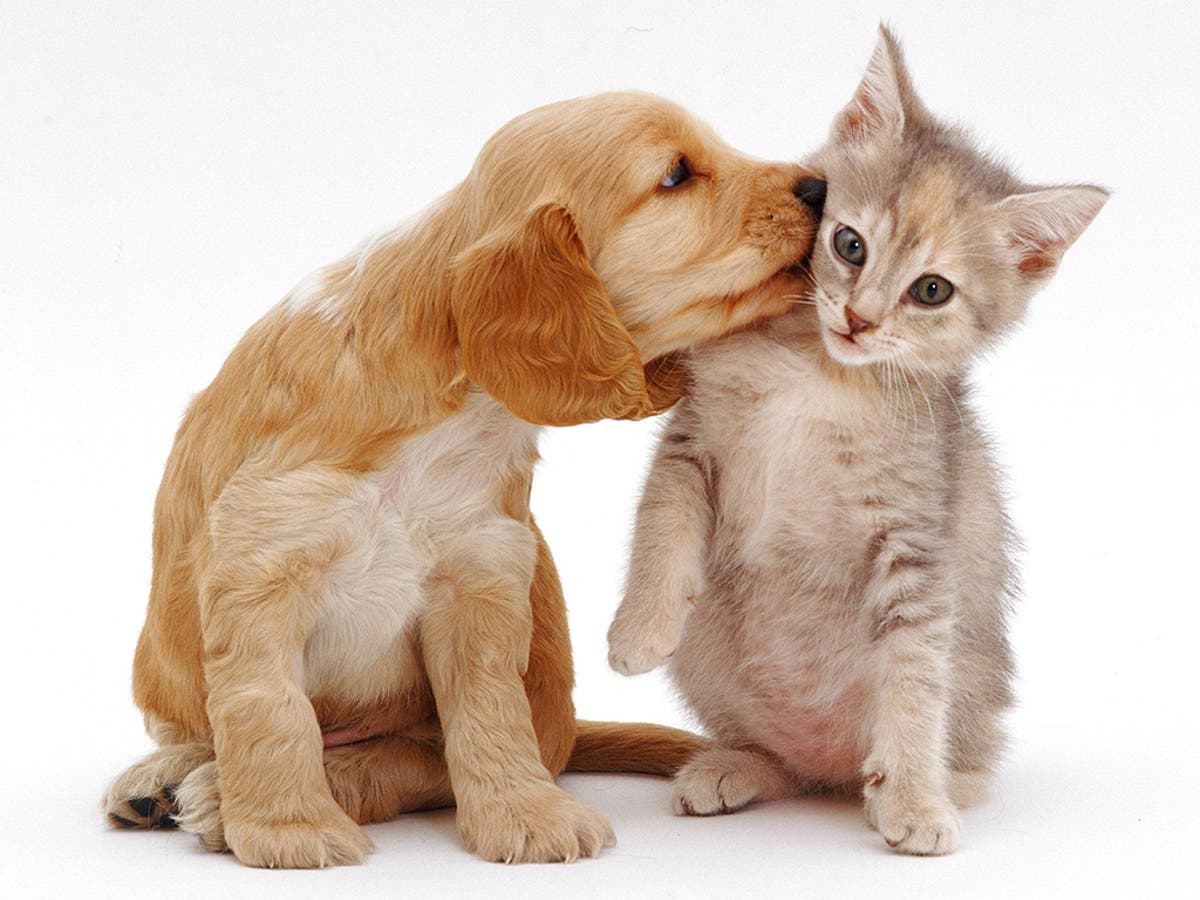
Introduction
Have you ever noticed a change in your pet’s behavior? Do they seem less enthusiastic or disinterested in their favorite activities? Just like humans, pets can experience depression too. Pet depression is a real and serious issue that can affect their overall well-being. It is important for pet owners to recognize the signs of pet depression and take appropriate steps to address it. In this article, we will explore the signs of pet depression, its causes, diagnosing methods, treatment options, and ways to create a supportive environment for a depressed pet.
Signs of Pet Depression
Pets, like humans, exhibit various signs when they are experiencing depression. It is crucial for pet owners to be observant and recognize these signs. Some common signs of pet depression include:
- Lack of interest in activities: Is your pet no longer excited about their favorite games or walks?
- Changes in appetite or weight: Is your pet eating significantly less or more than usual?
- Sleep disturbances: Does your pet sleep more or less than usual?
- Excessive licking or grooming: Does your pet engage in excessive grooming or lick themselves excessively?
- Aggression or irritability: Has your pet become unusually aggressive or easily irritated?
If you notice any of these signs persisting for a prolonged period, it may be an indication that your pet is dealing with depression.
Causes of Pet Depression
There are several factors that can contribute to pet depression. Some of the common causes include:
- Loss of a companion: The loss of a furry friend or a human family member can deeply affect your pet’s emotional well-being.
- Changes in routine or environment: Significant changes in their daily routine or environment, such as moving to a new home or the arrival of a new family member, can be stressful for pets.
- Lack of mental stimulation: Pets, especially intelligent breeds, need mental stimulation to stay happy and engaged. A lack of mental stimulation can lead to depression.
- Medical conditions or chronic pain: Pets experiencing chronic pain or certain medical conditions may exhibit signs of depression. It is important to rule out any underlying health issues.
Diagnosing Pet Depression

If you suspect that your pet is suffering from depression, it is important to consult a veterinarian. They will be able to evaluate your pet’s overall health and behavior to determine if depression is the underlying cause. Diagnosing pet depression often involves:
- Consulting a veterinarian: Your veterinarian will ask you questions about your pet’s behavior, lifestyle, and any recent changes to their routine or environment.
- Observation of behavioral changes: Documenting your pet’s behavioral changes and sharing them with your veterinarian can help in the diagnosis.
- Ruling out other medical conditions: Your veterinarian may perform various tests to rule out any underlying medical conditions that could be contributing to your pet’s depression.
Once a diagnosis is made, appropriate treatment options can be explored.
Treatment Options for Pet Depression
Treating pet depression involves addressing the underlying causes and providing a supportive environment for your pet. Some of the treatment options include:
- Creating a structured routine: Establishing a consistent daily routine can provide stability and reassurance to your pet.
- Providing mental and physical stimulation: Engage your pet in activities that stimulate their mind and body, such as puzzle toys, interactive play sessions, and regular exercise.
- Ensuring a balanced diet: A healthy and balanced diet plays a crucial role in your pet’s overall well-being. Consult your veterinarian for dietary recommendations.
- Incorporating playtime and socialization: Spending quality time with your pet through playtime and social interactions can boost their mood and reduce feelings of isolation.
- Medications and supplements: In severe cases, your veterinarian may prescribe medications or recommend supplements to help alleviate your pet’s depression.
Holistic Approaches to Treating Pet Depression
In addition to conventional treatment options, some pet owners explore holistic approaches to treat pet depression. These approaches include:
- Pet therapy and emotional support: Pets can benefit from interactions with trained therapy animals or emotional support animals.
- Acupuncture and massage: Alternative therapies such as acupuncture and massage can help relax your pet and reduce stress.
- Aromatherapy and essential oils: Certain scents, like lavender or chamomile, can have a calming effect on pets.
- Herbal remedies and supplements: Some herbal remedies and supplements, such as valerian root or CBD oil, can help alleviate symptoms of depression in pets. However, it is important to consult with your veterinarian before trying any new remedies.
Creating a Supportive Environment for a Depressed Pet

As a pet owner, you play a vital role in creating a supportive environment for your depressed pet. Here are some ways to help your pet feel loved and supported:
- Offering comfort and reassurance: Provide your pet with a safe and comforting space where they can retreat when feeling down.
- Maintaining a calm and stress-free home: Minimize loud noises, create a peaceful environment, and avoid sudden changes that may cause stress to your pet.
- Engaging in positive reinforcement training: Positive reinforcement training techniques can help boost your pet’s confidence and encourage positive behaviors.
- Seeking professional help if needed: If your pet’s depression persists or worsens despite your efforts, it may be necessary to seek assistance from a professional animal behaviorist or veterinarian.
Preventing Pet Depression

Prevention is always better than cure. Here are some preventive measures to help keep your pet mentally and emotionally healthy:
- Adopting a companion animal: Having a furry friend to keep your pet company can help alleviate feelings of loneliness and depression.
- Regular exercise and outdoor activities: Engage your pet in regular exercise and outdoor activities to keep them physically and mentally stimulated.
- Socialization with other pets and humans: Encourage positive interactions and socialization with other pets and humans to prevent feelings of isolation.
- Providing mental stimulation and enrichment: Engage your pet’s mind by providing puzzle toys, interactive games, and other mentally stimulating activities.
The Role of Pet Owners in Managing Pet Depression

As a pet owner, you have a significant role in managing your pet’s depression. Here are some key responsibilities:
- Being observant of behavioral changes: Pay attention to any changes in your pet’s behavior, eating habits, or activity levels.
- Maintaining open communication with the veterinarian: Regularly communicate with your veterinarian about your pet’s well-being and any concerns you may have.
- Consistently implementing treatment plans: Follow through with the recommended treatment plans and provide the necessary care and attention.
- Offering unconditional love and support: Shower your pet with love, affection, and reassurance. Your support can make a significant difference in their recovery.
Conclusion
Pet depression is a serious issue that can affect the overall well-being of our furry friends. Recognizing the signs of pet depression and taking appropriate steps to address it is crucial for their happiness and health. By creating a supportive environment, implementing treatment options, and being an attentive and caring pet owner, you can help your pet overcome their depression and lead a fulfilling life. Remember, seeking professional help when needed is always a wise decision. Let’s be there for our pets, just as they are always there for us.
